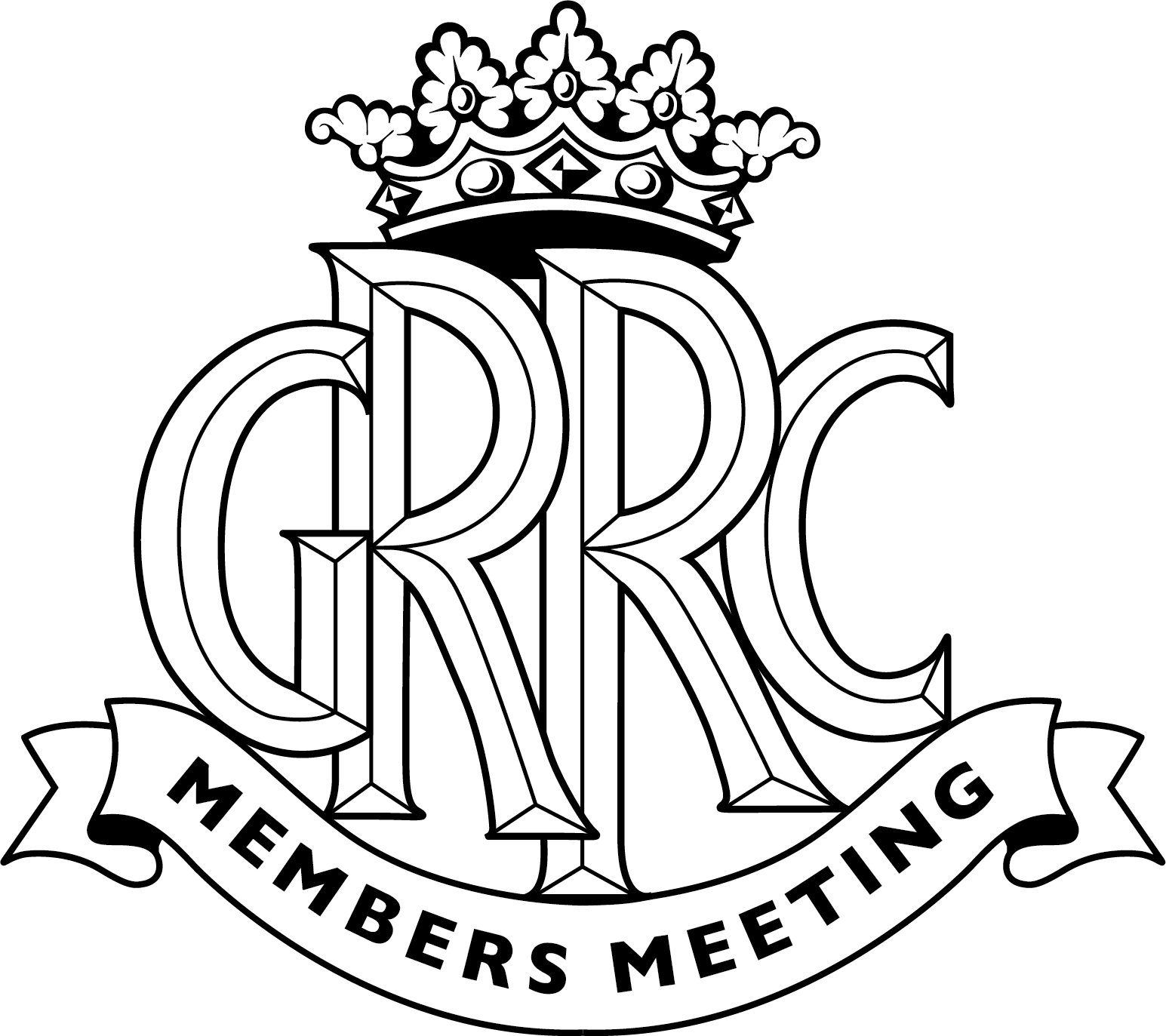Airspeeder has just had its first ever race | FOS Future Lab
A big milestone has been crossed on the way to a full flying car race series. Airspeeder’s first remotely piloted race has been has been won by Zeohatiali Walsh.

“Every transformative moment in human transportation has been accelerated by motorsport,” said Matt Pearson, founder of Airspeeder.
“As we stand on the cusp of the 21st century’s great leap forward in delivering on the promise of flying cars, the role competition plays is as important as ever. For this reason, in winning the world’s first flying car race, Zephatali Walsh hasn’t just made motorsport history but writes his own chapter in the genesis of a mobility revolution. This is just the start, this first race offers only a glimpse of our promise to deliver the most progressive, transformative and exciting motorsport in the world. We look forward to delivering many more races and breath-taking moments.”
The series of races, beginning with a 1km course above the pink salt flats of Lake Lochiel near Adelaide in South Australia, is to be a feeder series in terms of both technology and talent, for fully piloted races due to take place in 2024.

While no physical circuits exist as such, the Airspeeder eVTOLs, both remote and piloted, rely on digital augmented reality circuits projected for the pilots to follow. The piloted races will also use the same digital ecosystem, run similar electronics and use similar controls. All that will change, really, is the size of the circuits and the size of the vehicles, which will need to accommodate a pilot. The remote race and the coming races, as with the piloted races in 2024, are run in two heats, with quick battery-swap pit stops in between, spicing things up with some strategy.
Alauda Aeronautics are the technical team behind the manufacture of the Speeders, while also handling the race control stations, pilot control station, 5G networks, AR tracks and engineering and team control stations. Safety and race protocols were developed too, with everything culminating in what Airspeeder sees as a preview of what the cities of the future will look like and use, as they’re populated with flying passenger vehicles.

“As pilots, we’ve been developing this sport behind the scenes over hundreds of hours of simulator, engineering and testing work and through this process we have been united as a group of pilots in one common goal – to deliver this historic first race,” race winner Walsh said.
“As soon as the lights turned green, we became racers competing for a place in the history of this sport and flying cars as the coming transportation revolution. I couldn’t be prouder to know that forever more I’ll be the first winner of an electric flying car race and I look forward to retaining my crown as we go racing around the world in the coming months.”
Welcome to FOS Future Lab where we report on the latest visions of future technology. We'll be boldly covering flying cars, hoverboards, jetpacks and spaceships with plenty of down to earth topics in between.
Airspeeder
FOS Future Lab
eVTOL































































